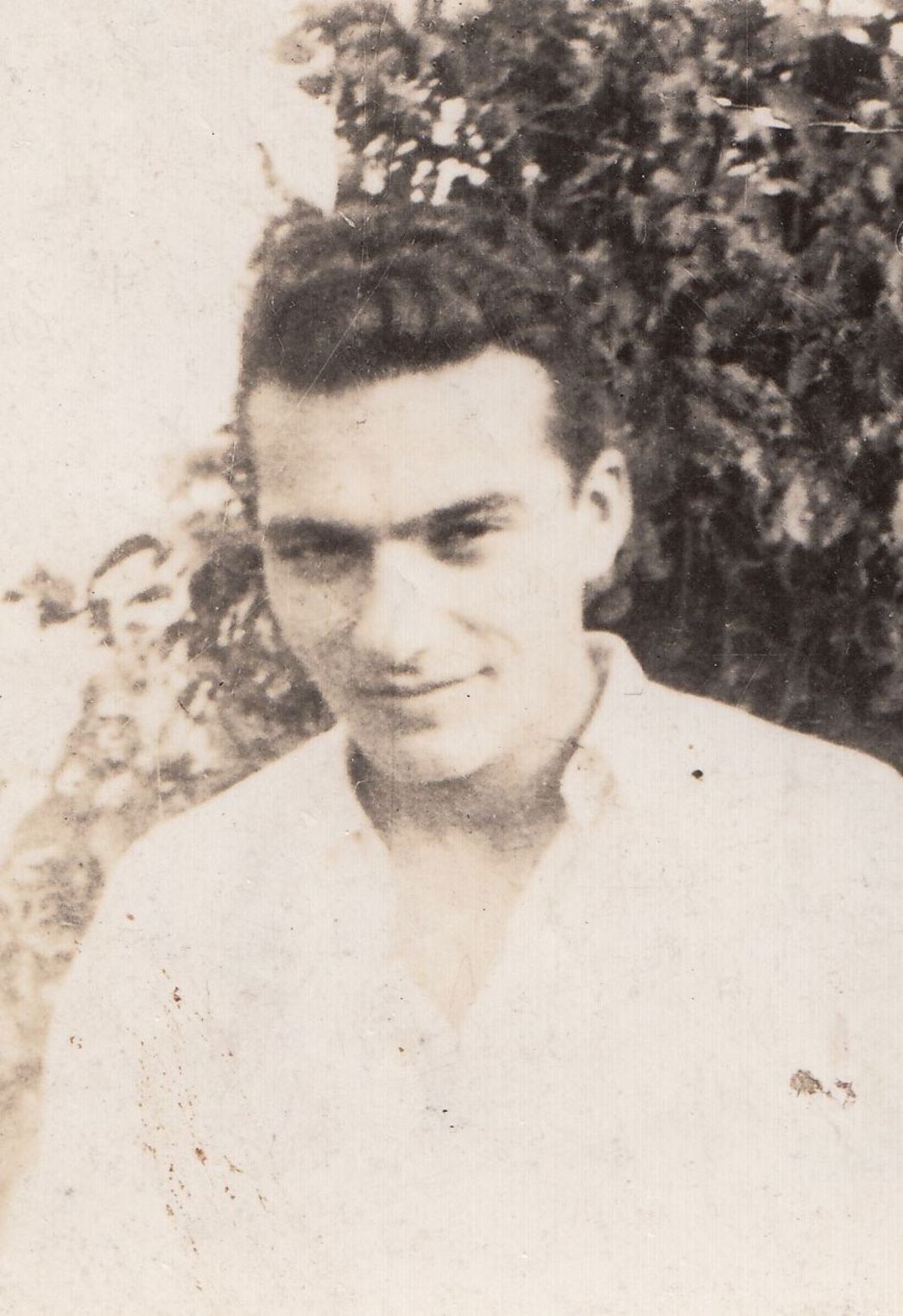
Jura Soyfer was born in Kharkov on 8 December 1912, the son of a businessman; from 1923 onwards he lived with his family in Vienna. In 1927 he joined the Vereinigung Sozialistischer Mittelschüler ("Association of Socialist Secondary-School Students"). From 1929 onwards he worked for the Social Democratic Party’s political cabaret; by the early 1930s he was already publishing articles in the Vienna Arbeiter-Zeitung and Schulkampf. From 1931 onwards he studied history and German language and literature at Vienna University. As the Fascist threat and the danger of war increased, he attached more importance to his literary and political activities. He wrote poems and plays, and in 1934 the unfinished novel So starb eine Partei ("Thus Died A Party"), which describes the failure of the workers’ movement and how it was crushed by the military in Vienna in February 1934. He now engaged actively in resistance.
In 1937 he was arrested, but he was released from prison early in 1938 as part of a general amnesty. On 13 March 1938, the day after German troops marched into Austria, Soyfer was arrested on the Swiss border; in June he was committed to Dachau. There he wrote, among other things, the Song of Dachau, which Herbert Zipper set to music. On 23 September 1938 Soyfer was transferred to Buchenwald. He did not give up his resistance, and wrote further texts while in the camp. After an epidemic of typhoid fever broke out, he was assigned to the group of inmates forced to move dead bodies and became infected himself. Meanwhile, from Vienna, his parents had arranged for the whole family to emigrate to the USA and so were able to secure his release. When the papers reached Buchenwald, however, he was already mortally ill. Two days later, on 16 February 1939, Jura Soyfer died of typhoid fever.


